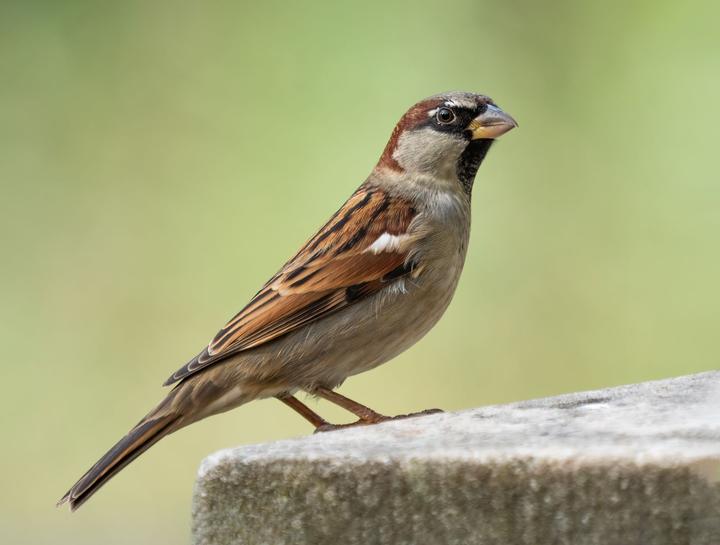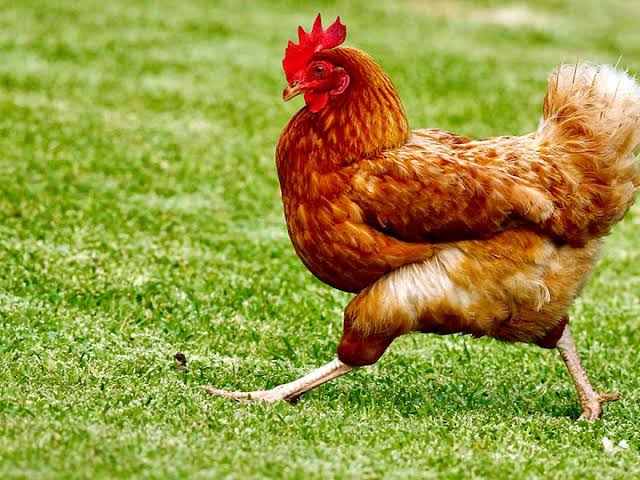Avian Flu and Your Pets

Addressing Avian Flu and your pets.


References: USDA, CDC and AVMA websites as well as Wall Street Journal Article on 2/13/25 How worried should you be? Risk for the general public is low but health experts advise caution.
The H5NI (bird flu) virus is widespread in wild bird populations and causing outbreaks in US dairy herds with 61 cases reported human cases nationally. Human cases have been related to dairy cattle and poultry workers.
Over 150 million of our domestic poultry have been affected. These flocks have been culled which is fueling the rapid rise in egg prices.
CDC has this advice for the general public;
- Be cautious and avoid interacting with wild birds or sick animals.
- Do not consume raw milk or cheese.
- Properly cook and handle chicken
For Pets:
Handle raw diets carefully. Do not feed raw milk or cheese to pets. Avoid raw diets for cats.
If you have wild bird feeders, you should wash the soles of your shoes before coming inside especially if you are immunocompromised or live with someone who is.
So far there is no proven transmission between cats and humans, but if cats have contracted the virus-including feral and barn cats. Cat to cat transmission is suspected but not yet documented. Avoid raw diets for cats. At this time there are no vaccines for cats.
For Owners:
- Limit your cat’s contact with immunocompromised individuals.
- Remember upper respiratory virus infections in cats are common (especially in unvaccinated cats)
- There have been outbreaks of canine flu and there is a vaccine for dogs.
